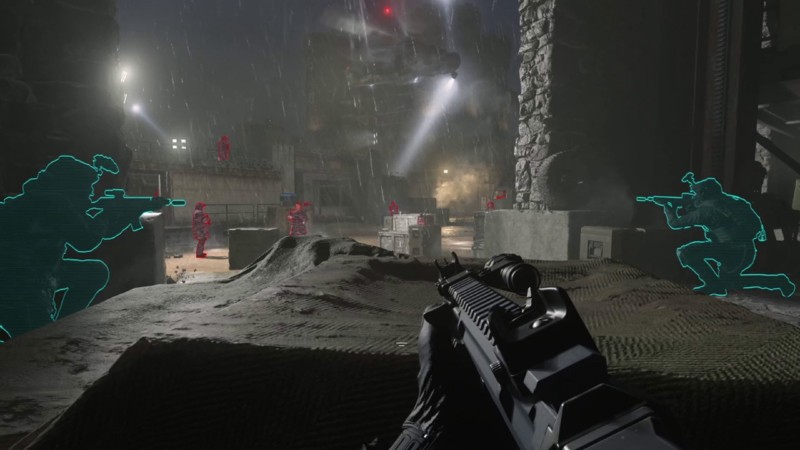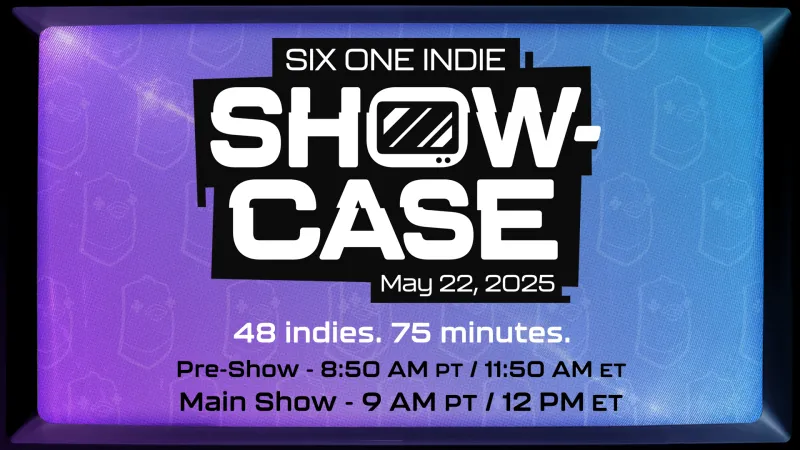
Nostalgia is a tricky beast to ride. It can unlock all sorts of blissful memories, bring us back to old favorites, and reclaim a past that was once lost to history. But it can also mess with us thanks to selective memories and willful ignorance.
As exciting as the 2000s (2000-2009) were for MMORPG gaming — truly, an enormous explosion of popularity, invention, and titles — it’s easy to forget that there were a lot of pretty significant downsides as well. So I’m going to rip off a lot of mental bandages today to reveal the seeping wounds of some things I really, really don’t miss about 2000s-era MMO gaming.

Relatively few choices
My weekly Media Play excursions in the year 2000 were an exercise in frustration as I kept looking at the, uh, three MMOs that they had on the shelves. Month in, month out, it was just the three. Having to pick between Ultima Online, Asheron’s Call, and EverQuest ended up being a “thanks but no thanks” scenario for me.
I think we forget how few boxed MMOs were out in the west prior to, say, 2003. For a good half-decade there, it was dribs and drabs of releases until the explosion of developing projects finally bore fruit and came to release.
Dreadful internet connections
Hey kids with your “WhyFy” and broadband, you have no idea what it was like to try to play MMOs with [thunder crashes] DIAL-UP SPEEDS. Truly, it was the Dark Ages of the Internet, when modems hissed and spat, calls were dropped left and right, and you celebrated every step forward your character took in this slide-show you called a “game.”

Dorky graphics
High hardware requirements and low internet speeds resulted in many games that had to sacrifice graphical fidelity for, what’s the technical term? “Anything that would function even if it looked like something out of 1982’s Tron.” The chunky, awkward, polygonal look of MMOs did them absolutely no favors in trying to combat accusations that these games were nerdy and not cool at all. Eye candy? Try “eyesores.”
Obtuse game design
I am firmly convinced that every MMO made prior to 2004 had signed a blood pact to be as frustrating and obtuse as possible for new players to understand. None of these games were user-friendly; if anything, they viewed users as chumps who needed to be weeded out until only the stubborn elite remained. Good luck trying to figure out game systems, complex stats, and even basic navigation because none of those were for common peasants who didn’t speak in assembly code.

Horrible death penalties
Forget roving enemies in the wild — the real threats to your character were dropped internet connections and antagonistic game design. It was inevitable that you’d die, and when you did, the game would bang a gavel and sentence you to the highest possible penalty. Enter corpse runs, experience loss, level loss, and stolen loot. Again, gotta weed out them non-masochistic chumps!
Subscription-only models
We can — and have — endlessly debate the best business model for MMOs, but having choices is far better than having one and only one model. Subscriptions kept players from indulging in more than one or two MMOs a month and made switching games a nail-biting proposition. You think having subscriptions to six TV streaming services is bad? Try doing the same for MMOs!

Clunky early iterations of MMOs
Even if we were to put aside the graphics in considering these older titles, we must remember that “quality of life” and “user friendliness” were not terms that studios elevated in the early 2000s. While many of these games eventually evolved into much more accessible titles, they were pretty clunky and awkward to play at first. As the MMO genre has taught us, sometimes it takes many, many years until a game fully becomes what it was meant to be.
Little online support
Lost in a quest? Have no idea how to build your character? Struggling to find a guild that fits your needs? Yeah, good luck with that because online resources were few and far between. Granted, some sites built up relatively quickly to become repositories of information or social connections, but for many MMOs it wasn’t quite as comprehensive as what we have today.

Negative cultural stigma
This note is something that I suspect has been lost to time. Playing online games today is so widespread and normalized that we forget how MMORPGs used to be considered the nerdiest of nerdy enterprises. You weren’t cool if you played EverQuest; you were a punchline. People didn’t get it, and that negative perception probably kept some people away from titles.
Massive time sinks
We’re all acquainted with grind and time sinks in MMOs — they’re practically the first pillar of game design — but it’s so much better today than it used to be. There were MMOs back in the 2000s that weren’t worth playing if you couldn’t block off at least three hours to get something done. Leveling took forever, traveling took forever, and pulling together groups took forever. There was no such thing as an MMO that respected your time, just ones that craved it.
 Everyone likes a good list, and we are no different! Perfect Ten takes an MMO topic and divvies it up into 10 delicious, entertaining, and often informative segments for your snacking pleasure. Got a good idea for a list? Email us at justin@massivelyop.com or eliot@massivelyop.com with the subject line “Perfect Ten.”
Everyone likes a good list, and we are no different! Perfect Ten takes an MMO topic and divvies it up into 10 delicious, entertaining, and often informative segments for your snacking pleasure. Got a good idea for a list? Email us at justin@massivelyop.com or eliot@massivelyop.com with the subject line “Perfect Ten.”


